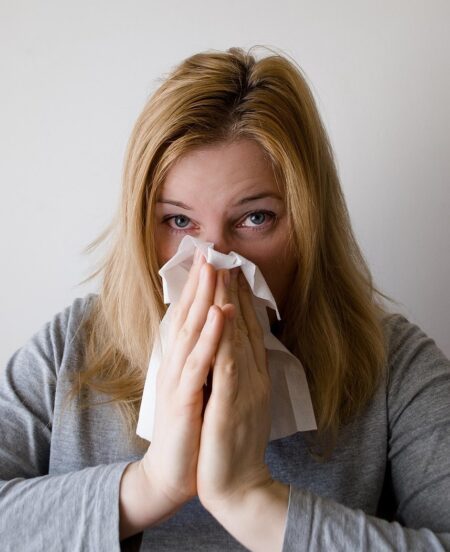
Suzanne Potter, producer/reporter, California News Service, a bureau of Public News Service.
Allergy season is here and more than 100 million Americans are suffering from itchiness, watery eyes, runny nose, congestion, sneezing, or wheezing.
Experts said you should try to minimize contact with the pollens that trigger the reaction.
Dr. Gregory Carnevale, chief medical officer for UnitedHealthcare, said the idea is to remove some of the pollen that sticks to surfaces around you.
“You can stay inside. You can wear a mask, you can remove your clothing that has the pollen,” Carnevale outlined. “Remove heavy drapery and wash linens regularly.”
Running your air conditioning helps keep pollens outdoors. Air purifiers also help. Shower and change your clothes before going to sleep. If over-the-counter medications do not work or if the symptoms escalate to shortness of breath, people should consult a physician.
Carnevale added the changing climate means seasonal allergies are getting worse.
“We’re certainly seeing precipitation patterns that are different, more days without frost, warmer seasonal air temperatures,” Carnevale observed. “All that lengthens the growing season. So we’re seeing allergies maybe a little bit more severe.”
In Northern California, birch, elm, cedar, cypress, pine and olive trees are the most common triggers. In the Southland, the biggest culprits are ash, oak, sycamore, walnut and mulberry.


